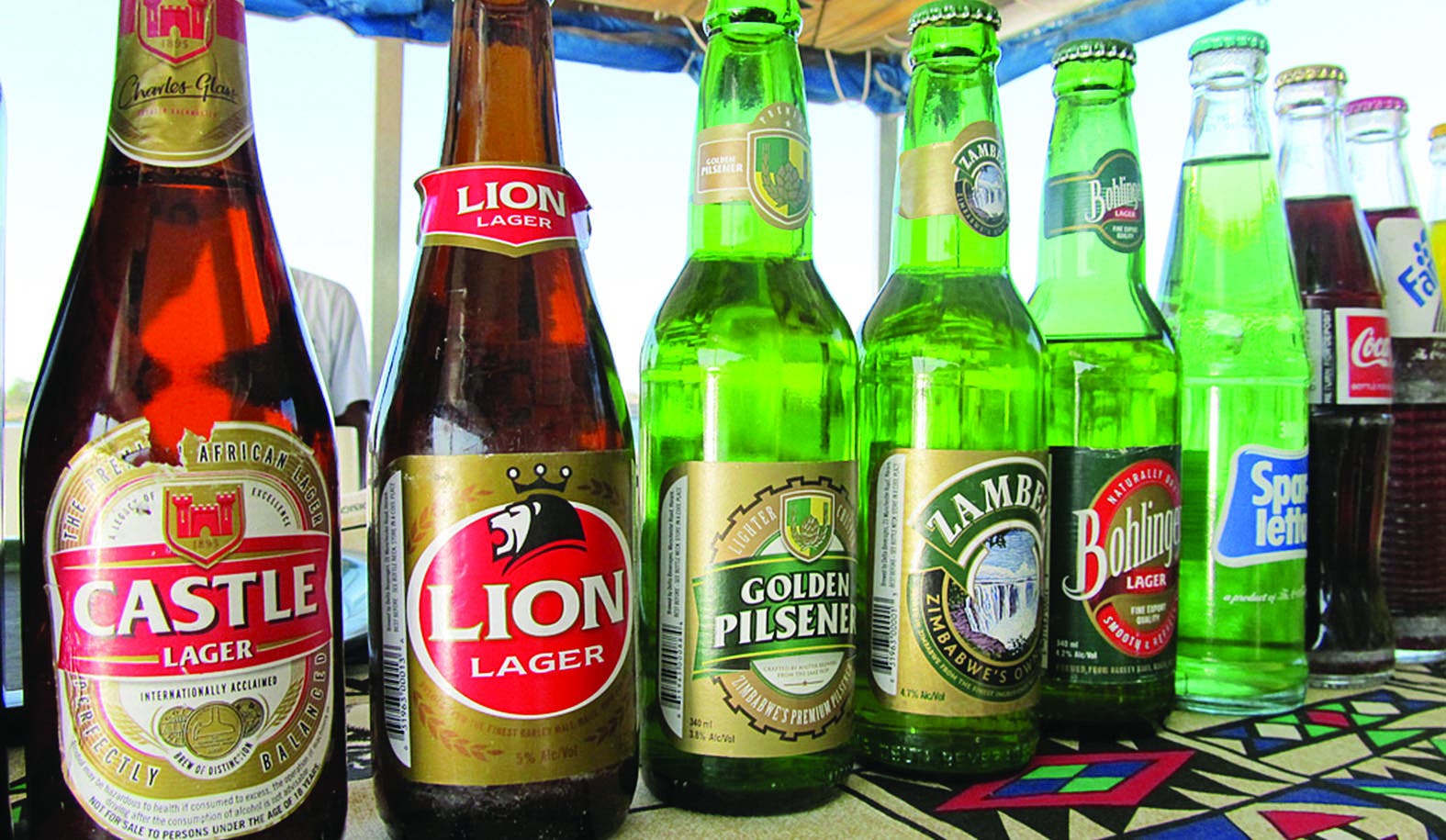‘Delta’s expansion to lower operational risk’
Listed beverages giant, Delta Corporation’s expansion into South Africa, will work to help lower its long-term operational risk, market watchers say.
The Delta group, like most companies in the country, have in the past been struggling with accessing foreign currency for raw materials and other expenses.
Analysts at stockbrokers Morgan & Co, said the move will counter losses by the group’s Zambia operation, as well as boost access to foreign currency.
Last April, Delta completed the acquisition of a 100 percent controlling stake in South Africa’s leading brewer of traditional beer and owner of the Chibuku brand — the United National Breweries Proprietary Limited (UNB), a process that had started in 2018.
It was the beverages group’s second regional investment after the purchase of National Breweries Zambia in 2017 and the first in neighbouring South Africa, as it sought to consolidate the traditional beer category within the region.
“The group’s acquisition of United National Breweries in South Africa extends Delta’s sorghum beer footprint into the region and is expected to offset losses in Zambia and provide an additional source of foreign currency in the long-term after Covid-19.
“According to the World Health Organisation (WHO), South Africa’s drinking population consumes 9.3 litres of alcohol per capita, and the country is ranked among the ten largest alcohol-consuming countries in the world. The move is also expected to lower operational risk through geographical diversification,” said analysts at Morgan & Co in a new research note.
“Delta’s operations require foreign currency for the imports of raw materials, and these operations will ease the company’s struggles with sourcing foreign currency on the official foreign currency interbank auction system in Zimbabwe after lockdown restrictions are eased in South Africa.”
Leveraging on strengths
The sorghum beer segment accounted for 65 percent of Delta’s volumes in FY21, and 38 percent of revenues, showing its significant contribution to the group’s value base.
Therefore regional consolidation of the segment by Delta is a strategic move, although risks abound, not least concerns over changing beer consumer tastes.
Said Morgan & Co: “Delta dominates the sorghum beer market in Zimbabwe with over 92 percent market share and 61.7 percent of Delta’s sales volumes are from Zimbabwe, while the remaining are shared between Zambia (19.3 percent) and South Africa (19 percent).
“Demand for sorghum beer has fluctuated over time because of changes in consumer preferences to clear beers and constrained disposable incomes driving demand from mainstream and premium lagers to cheaper alcohol such as traditional and opaque beers.
“Demand has also been sustained by strong consumer preferences for traditional beer among the rural population, which has accounted for over 60 percent of Zimbabwe’s total population in the last decade.”
In the first quarter to June 30, 2021, Delta’s local sorghum beer volume grew by 106 percent from last year despite some constraints in the supply of key packaging materials due to poor availability of and logistical challenges on resins on world markets.
Over the same period, United National Breweries South Africa recorded a strong recovery, registering a promising volume growth of 361 percent over prior year. The business was largely closed last year due to the ban on alcohol sales.-ebusinessweekly.cl.zw











